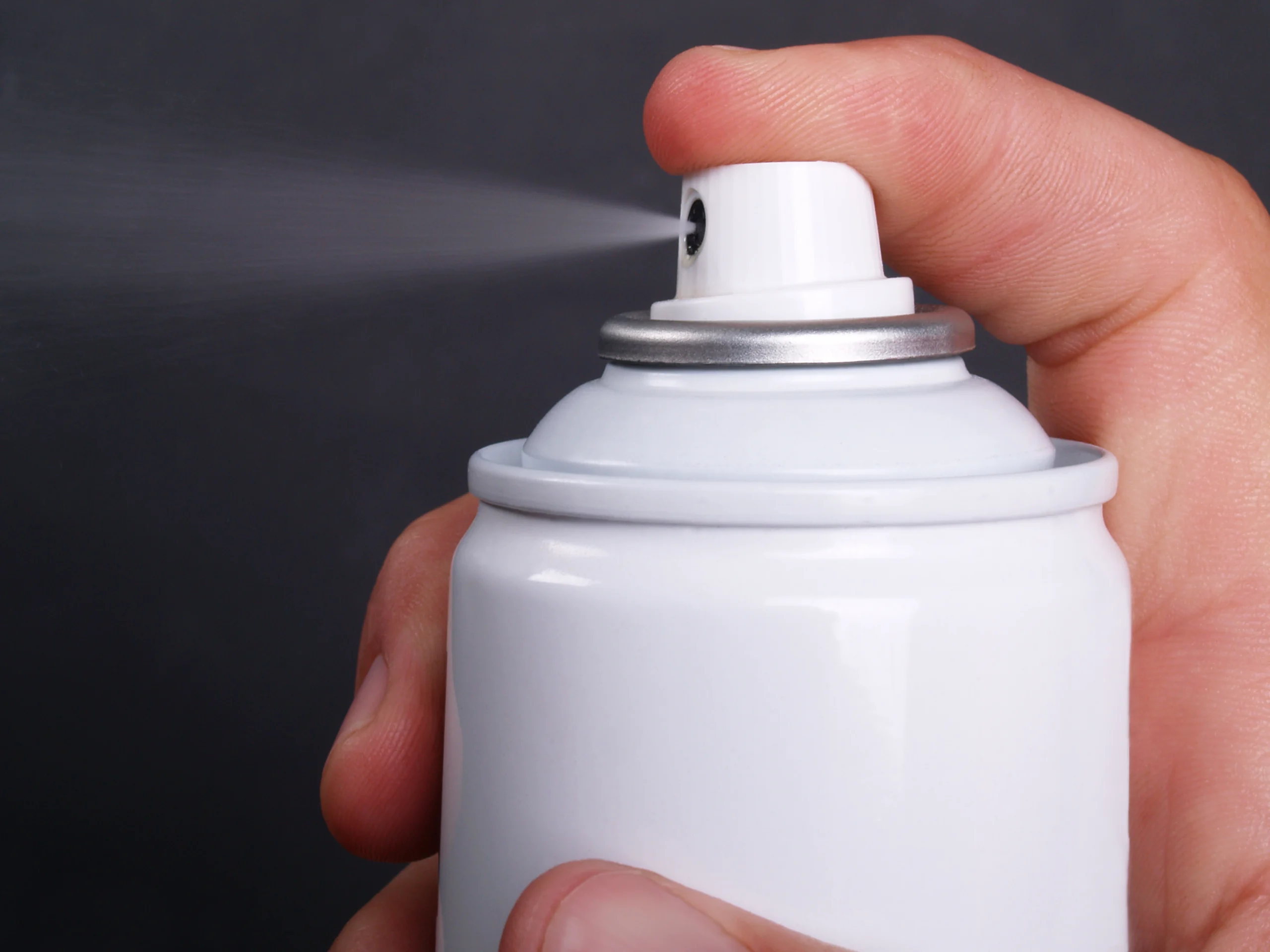Addiction’s Effects on Children

Addiction to drugs or alcohol can take a severe toll on a person’s life, but oftentimes the greater, perhaps unforeseen, impact is on one’s family. Children in particular can suffer mentally, emotionally and even physically if they have one or more parents battling a substance use disorder.
Parental substance abuse can directly interfere with the proper development of their children, ranging from prenatal challenges to problems later in life. In this article, we’ll explore all the ways that having drug addicted parents effects children.
Addiction effects during pregnancy
The dangers of addiction can begin even before a child’s birth. A literature review published in the journal F1000Research states that substance use during pregnancy puts unborn children at notable risk, potentially stunting growth or resulting in more severe physical implications as substances cross the placenta.
Some of the risks for unborn babies include the following:
- Increased risk of miscarriage;
- Increased risk of infant mortality or stillbirth;
- Low birth weight;
- Premature birth;
- Toxemia (blood poisoning);
- Neonatal abstinence syndrome (NAS) where the baby goes through withdrawal post birth;
- Congenital defects.
Not only is an unborn child affected, but a mother who uses substances during pregnancy may experience negative outcomes in addition to common symptoms of addiction. According to Stanford Medicine, the following have all been observed in pregnant mothers who struggle with addiction.
- Hepatitis;
- Anemia (low hemoglobin);
- Skin infections;
- Heart infections;
- Blood infections.
Some of the worst addiction effects on children happen before birth, so it’s crucial for mothers to receive addiction treatment for substance use as soon as possible. Both the mother’s and the baby’s health depend on it.
How parenting is affected by drug addiction
Raising children can be a very demanding responsibility, but like any duty, it’s typically made much more difficult when substance abuse is in the picture. The American Academy of Pediatrics (AAP) states that drug addicted parents cause effects on children that can have a ripple effect for the rest of their lives.
The AAP writes that children of parents with substance use disorders are less likely to receive adequate medical and dental care, may experience hazardous living arrangements and are more likely to struggle with substance use, mental health or behavioral issues in the future.
Many parents develop an addiction long before their child is born. Patterns associated with substance use, like poor decision-making, impulsivity and dangerous behavior have long been ingrained in the parent’s efforts to satisfy cravings. These symptoms of addiction have ripple effects on children, causing greater life difficulties in numerous areas.
When one or both parents struggle with substance use disorders, children face the consequences. Here are some potential addiction effects on children.
- An unsafe home environment, whether physically or emotionally, due to the mood swings of a parent under the influence;
- A lower socioeconomic status due to unemployment or money put towards drugs and alcohol;
- An increased risk of neglect, abuse and other forms of domestic violence;
- Basic needs of the children not being met, like medical check-ups;
- An overall lack of routine and support in family life.
While addiction in the life of a parent does come with increased risks and difficulties for the entire family, there are ways in which both the parents and the children can recover. With proper treatment, healthy conversations and a commitment to better habits and lifestyles, recovery from the effects of addiction on children is possible.
Family support
Often, a grandparent, aunt or uncle is in the best position to intervene when a substance problem exists, but it can be difficult to know how to help most effectively. While extended family and friends can certainly be influential, convincing a loved one to seek help isn’t always a viable option.
In these situations, the best contribution is often to help children understand that they bear no fault for their parent’s illness. It can be helpful to discuss the basic nature of addiction, that it’s not uncommon and that it’s not necessarily a permanent affliction. Kids should know who in the family or community they can reach out to for support, and who to contact in case of an emergency.
Help is available
If you or a loved one is struggling to overcome addiction, know that full recovery is possible. Professional and evidence-based services can help heal the body and mind, so you can get back to parenting the way you want to.
Rehab After Work is a addiction treatment center that is committed to helping families conquer addiction and it’s effects on the family. Convenient scheduling ensures that family time is still a priority, and therapists and counselors will guide you in mending broken relationships along the way.
Rehab After Work can offer you invaluable resources, treatment and family support so you and your family can start fresh. Call now to schedule an appointment.








